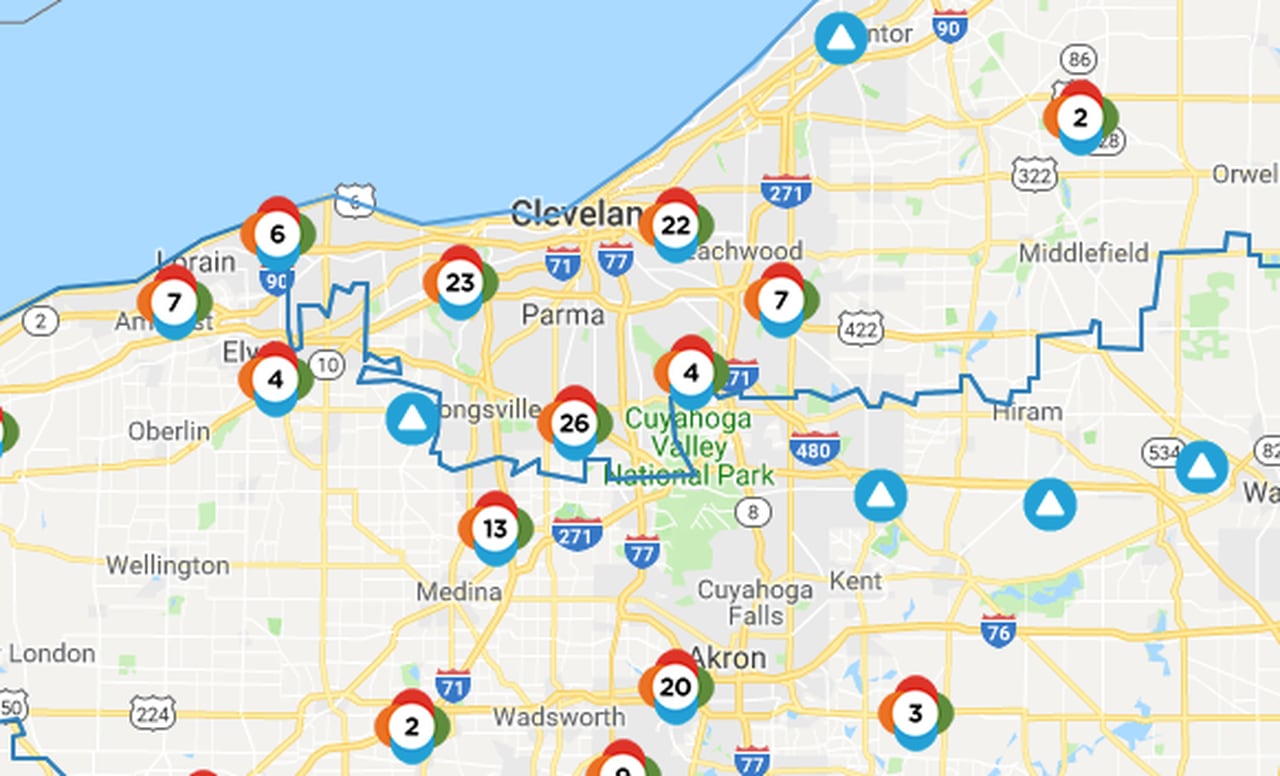The Good Life: Balancing Work, Relationships, And Personal Growth

Table of Contents
Achieving Work-Life Harmony
The foundation of the good life often rests on a strong sense of work-life balance. This isn't about working less; it's about working smarter and ensuring your work enhances, rather than detracts from, your overall well-being.
Setting Boundaries and Prioritization
Setting clear boundaries between your professional and personal life is paramount for achieving work-life balance. This involves defining specific times for work and dedicated time for personal activities. Effective time management is crucial. Consider using the Eisenhower Matrix (urgent/important) to prioritize tasks. This helps you focus on high-impact activities and delegate or eliminate less crucial ones.
- Establish clear work hours: Stick to them as much as possible, avoiding constant email checking or working late unless absolutely necessary.
- Create a dedicated workspace: If working from home, designate a specific area for work to mentally separate it from your relaxation zones.
- Learn to say "no": Don't overcommit yourself. Politely decline requests that don't align with your priorities or capacity. This is crucial for protecting your time and energy.
- Utilize productivity tools: Explore apps and techniques like the Pomodoro Technique to improve focus and manage time efficiently.
Finding Meaning and Purpose in Your Work
Job satisfaction significantly impacts overall well-being. Finding work that aligns with your values and passions is a critical component of the good life. If you're feeling unfulfilled, consider:
- Career exploration: Take time for self-reflection to identify your skills, interests, and values. Explore different career paths that resonate with you.
- Skill development: Invest in continuous learning to enhance your capabilities and pursue opportunities for advancement.
- Seek mentorship: Connect with individuals in your desired field to gain insights and guidance.
- Consider a career change: If your current job is consistently draining and unfulfilling, don't be afraid to explore new opportunities. Purpose-driven work contributes significantly to a fulfilling life.
Nurturing Strong and Healthy Relationships
Strong, healthy relationships are essential for a good life. They provide emotional support, a sense of belonging, and shared experiences that enrich our lives.
Cultivating Quality Time with Loved Ones
Dedicated, undivided attention is the cornerstone of strong relationships. It's not just about being physically present, but also mentally engaged.
- Schedule regular family dinners: Make it a ritual to connect and share your day.
- Plan date nights: Dedicate time for focused interaction with your partner, free from distractions.
- Practice active listening: Truly listen when loved ones are speaking, showing genuine interest and empathy.
- Engage in shared hobbies: Finding common interests strengthens bonds and provides opportunities for shared enjoyment.
Managing Conflict and Maintaining Healthy Boundaries
Disagreements are inevitable in any relationship. However, how you handle conflict significantly impacts its longevity.
- Practice constructive communication: Express your feelings clearly and respectfully, avoiding blame or accusations.
- Establish healthy boundaries: Learn to say "no" and protect your emotional and physical well-being.
- Employ conflict resolution techniques: Consider mediation or counseling if needed to resolve persistent conflicts.
- Embrace forgiveness and empathy: Understanding different perspectives and showing compassion are essential for maintaining strong relationships.
Embracing Personal Growth and Self-Care
Personal growth and self-care are not luxuries; they're necessities for a balanced and fulfilling life. Prioritizing your well-being ensures you have the energy and resilience to navigate life's challenges.
Prioritizing Self-Care Activities
Physical, mental, and emotional well-being are interconnected. Incorporating self-care practices into your daily routine is vital.
- Regular exercise: Physical activity reduces stress and boosts mood.
- Mindfulness and meditation: These practices enhance self-awareness and stress management.
- Healthy diet and sleep: Nourishing your body fuels your overall well-being.
- Engage in hobbies: Pursuing enjoyable activities reduces stress and promotes relaxation.
Setting Goals and Pursuing Continuous Learning
Continuous learning and personal development are vital for growth and fulfillment.
- Set SMART goals: Ensure your goals are Specific, Measurable, Achievable, Relevant, and Time-bound.
- Embrace lifelong learning: Continuously seek new knowledge and skills through books, courses, and workshops.
- Seek feedback and mentorship: Gain insights from others to accelerate your growth.
- Celebrate your achievements: Acknowledge and appreciate your progress to stay motivated.
Conclusion
Achieving the good life is a journey, not a destination. By mindfully prioritizing work-life balance, nurturing strong relationships, and embracing personal growth and self-care, you can create a fulfilling and balanced life. Remember, it's about creating harmony between these essential aspects of your life. Start today by identifying one area – work, relationships, or personal growth – where you can make a small, positive change. Embrace the journey towards creating your own version of The Good Life, one step at a time. Living the good life is within your reach – start building it today!

Featured Posts
-
 2 37 23
May 31, 2025
2 37 23
May 31, 2025 -
 Bannatyne Ingleby Barwick Padel Court Construction Update
May 31, 2025
Bannatyne Ingleby Barwick Padel Court Construction Update
May 31, 2025 -
 Zverev Fights Back To Reach Munich Open Semifinals
May 31, 2025
Zverev Fights Back To Reach Munich Open Semifinals
May 31, 2025 -
 Manitoba Wildfires Crews Fight Deadly Blaze
May 31, 2025
Manitoba Wildfires Crews Fight Deadly Blaze
May 31, 2025 -
 Tracking Power Outages Real Time Data For Northeast Ohio
May 31, 2025
Tracking Power Outages Real Time Data For Northeast Ohio
May 31, 2025
